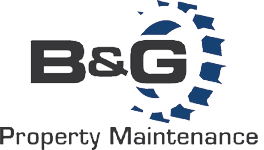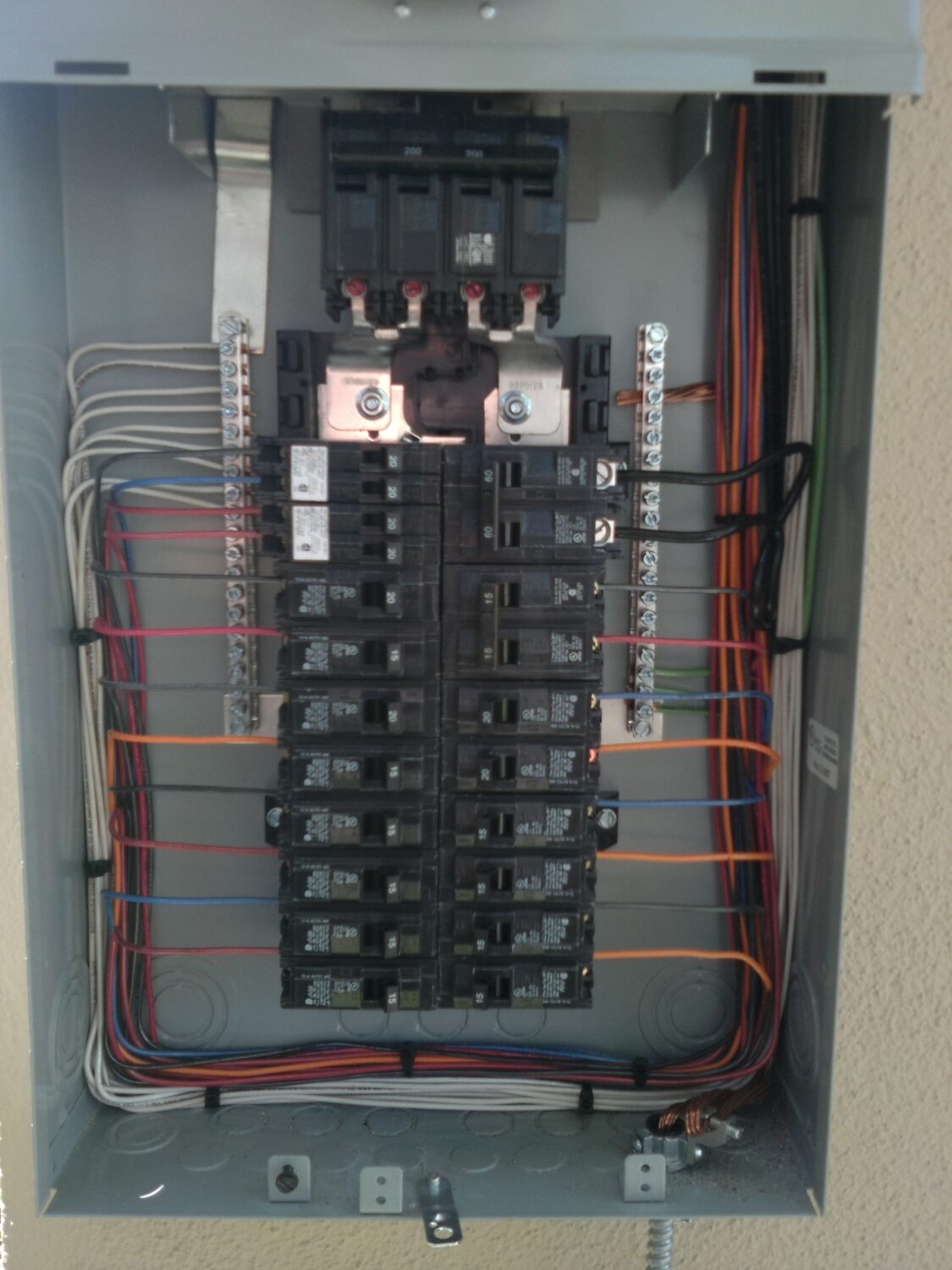Tips to Get the Most from Your Home Electrical Inspection
Electrical Panel Information
Electrical panels and circuitry in Puget Sound Region homes tend to be ignored throughout the year. A homeowner might only address electrical concerns after they are subject to short-circuits, blown fuses, failed lighting or even electrical burning smells. A Whole Home Electrical Inspection is a must for any new home purchase as well as something any home could use after renovation, lighting or appliance upgrades or even updating an entertainment system. As a homeowner, you may not be required by Washington State law to know the intricacies of your home’s electrical circuitry, but there are still some things that you should ask your electrical inspector when an inspection is being carried out.

Factors to keep in mind during an electrical inspection:
First, regardless of whether you are simply changing old electrical paneling, or conducting extensive renovations on your property, the first question you should ask your electrical inspector is whether your home’s electrical fittings are in compliance with building codes and regulations. If circuitry is in violation of these codes, you run the risk of getting into legal trouble.
Secondly, you should ensure that your electrical inspector pays close attention to safety. Electrical panels and circuitry need to be properly insulated to reduce the risk of shocks. Moreover, paneling must never be placed next to areas that are damp or wet. A good inspector will locate this condition instantly.
Understanding the current and voltage that flows through your electrical circuitry is also important. Electrical appliances like air conditioners, washing machines and televisions consume significant amounts of electricity. It falls under the homeowners responsibility to connect them to the right circuitry in order to avoid short-circuits, flipped breakers and constant voltage fluctuations.
Finally, once an electrical inspection has been carried out and repairs have been made, make sure to double-check that all of the home’s panels are working efficiently. B&G Electrical Contracting can complete this process through Thermography by scanning the panel with a thermal imager. Our blog on Thermography, Emissivity, Infrared and General Thermal Imaging will be coming soon. Once the inspection is complete, make sure that your inspector provides you with a comprehensive report of checks made, and any and all recommended repairs.


